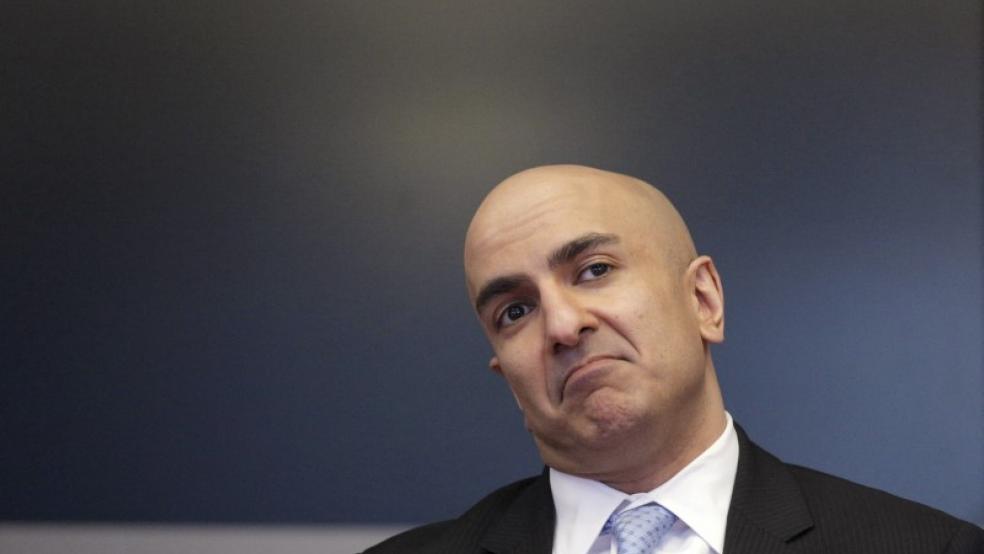"Modestly tighter policy earlier in the business cycle expansion could moderate risk-taking and the potential for destabilizing financial imbalances to build," Kansas City Fed President Esther George said in remarks prepared for delivery at an event hosted by the Bank for International Settlements in Manila, Philippines. "Monetary policy runs the risk of remaining overly accommodative following a downturn, and lead to future instability."
George, who is not a voting member this year on Fed policy, offered no new views on the current policy stance of the Federal Reserve. However, previously she has said the Fed should raise rates earlier rather than later, in part because of concerns about financial stability. In her embrace of the central role that monetary policy should play in safeguarding the stability of the financial system, George is decidedly outside the mainstream at the Fed. Most U.S. central bankers believe supervision and regulation should be the first line of defense against financial imbalances, and monetary policy should remain focused on fostering full employment and stable inflation.For George, who was Kansas City Fed's head of supervision before becoming the bank's chief in 2011, such an approach leans too heavily on so-called macroprudential tools like bank stress tests, which have their own shortcomings. It also fails to acknowledge the role of easy monetary policy in fostering the kind of risk-taking that can lead to dangerous asset bubbles. Low borrowing costs can spur banks to pile into risky assets and lend money on easier terms, boosting asset values and credit growth, she said. They also can also reduce risk premiums, sowing the seeds for future financial instability."Once asset values or credit growth has risen to a level warranting concern, it is likely too late for monetary policy to smoothly unwind these imbalances without triggering a sharp reversal that ultimately inflicts damage on the real economy," George said. "Instead, it may be appropriate to adjust policy to address suppressed risk premiums early in the expansion rather than late." (Reporting by Ann Saphir; editing by Diane Craft)Fed's George says early rate hikes can foster financial stability

Kevin Lamarque



